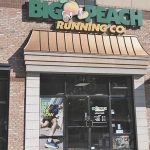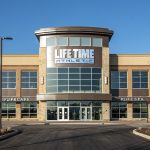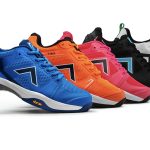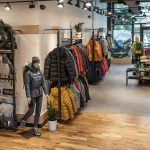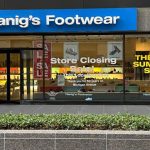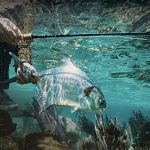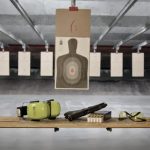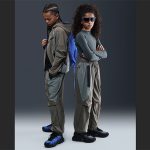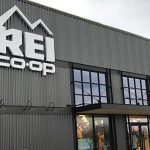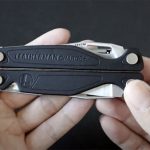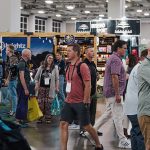Icebreaker has received LEED (Leadership in Energy and Environmental Design) gold certification for its U.S. headquarters in Northwest Portland from the U.S. Green Building Council’s Green Building Rating System.
“We are very proud to receive LEED gold certification for our headquarters, and thank everyone who helped us achieve this honorable distinction,” said Russ Hopcus, president of Icebreaker USA. “This certification shows how Icebreaker is genuinely committed to reducing our environmental footprint by thinking long-term, designing sustainability into our products and packaging, and improving our business operations to reduce waste and pollution.”
LEED promotes a whole-building approach to sustainability by recognizing performance in five key areas: sustainable site development, water savings, energy efficiency, materials selection and indoor environmental quality.
Icebreaker’s U.S. headquarters, located at 1330 NW 14th Avenue, opened in December 2009 and was designed by Portland’s GBD Architects, Inc. with various green features. All of the wood in the space is either reclaimed or FSC Certified (responsibly forested woods). Low VOC paints and coatings were used throughout. No urea-formaldehyde glue, a known cancer causing substance, was used in the composite wood products. All systems office furniture is Green-Guard Certified, meeting strict VOC standards. The headquarters was also designed to maximize natural daylight, and to be as open as possible to inspire employee collaboration.
The space includes many touches from Icebreaker’s New Zealand home, including conference rooms named after Kiwi sheep stations and imagery of the country’s spectacular Southern Alps, where its merino fiber is produced.
Icebreaker moved its U.S. operations from Ketchum, Idaho, to Portland in 2007, the same year it opened its first Touch_Lab store in North America, which is across the street from Powell’s on NW 11th Avenue and Burnside Street. In 2008, the company began a product traceability program called “Baacode,” which enables consumers to track their garments back to the farms that raised the sheep that provided the merino fiber used in their apparel. Earlier this month the company announced it will open its first factory store in the U.S. in Woodburn, Oregon, in April 2010.


